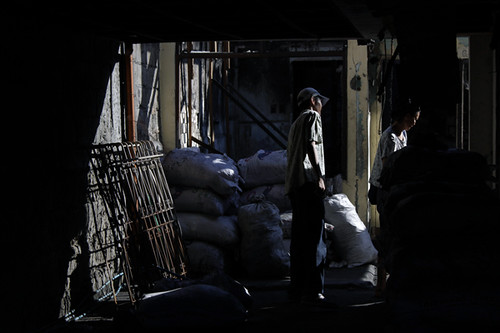From Call Me by Your Name by André Aciman.
- Not long ago I found the courage to look for André Aciman on Facebook and send him a friend request. Fortunately, certainly surprisingly, he accepted. Unfortunately, at least for him, the connection gave me a remarkable opportunity to write to him directly, even if writing to him directly didn’t necessarily mean that I should expect in any way to hear back from him.
- As though the opportunity to receive and read a signed copy of his book isn’t remarkable enough! Yes, there’s Mr. Aciman’s name, right on one of the pages. The book was sent by a friend in New York and I couldn’t be happier, I couldn’t be more spoiled.
- So I wrote to Mr. Aciman to say, your novel is very beautiful, but it's also very sad. I almost cannot bear how sad it is, and I cannot imagine such a story happening to me, and I cannot imagine it because I won’t let myself imagine it. This story of love and desire — it isn’t merely of a “summer romance” — shows how difficult it is to revisit fond memories of love without the disenchantment of having lost it (if one has indeed lost it). In any event, at the end of my letter, I thanked Mr. Aciman for a book that I will always keep close to my heart. I think it’s so much better than The Line of Beauty, or Like People in History.
- Mr. Aciman, who comes from a Sephardic Jewish family in Alexandria (a good friend from Switzerland and Philip Roth fan commented, “How much poorer would the world of literature be without the Jews!”), and is known for his many reviews and essays on Marcel Proust, luckily did not have to read my ignorant views on whom I presume is his favorite author, and about whom I am under no authority to speak. But if I must go Proustian on you, I’ll say that Call Me by Your Name, in a way, makes me want to grow old as quickly as possible, if only to be able to look at the experience of youth more clearly, more fearlessly, than the young are actually equipped to do.


